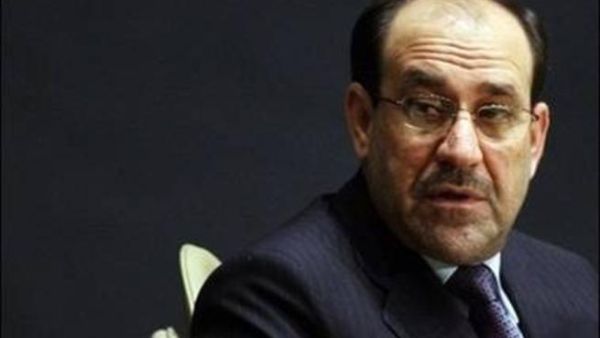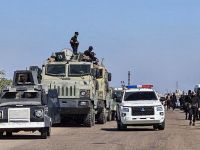Economically speaking, Iraq’s economy is starting to look pretty good. Its stock market grew over 25% in the first quarter from the previous year, it holds one of the largest oil reserves in the world, and the IMF estimates Iraq’s economy will grow 11.5% in 2011, up from 2.6% last year.
International companies are also seeking a piece of the action. According to a recent report by Dubai Frontier Consultants, 156 foreign firms from 34 different countries made deals reaching $42.668bn, up 48.7% from the previous year and oil revenues are expected to reach $26.7 billion in the first quarter, a record high since the country started exporting oil decades ago, the Head of State Oil Marketing Organization recently said.
In addition to oil, the Iraqi government is actively pursuing growth in the housing and electricity industries. Last week, the government approved a $120 million housing project for Baghdad, including 690 housing units, 48 10-story buildings, malls and other annexes. The project will be constructed by a foreign firm that will employ 1,200 Iraqis, Baghdad Governor Salah Abdulrazzaq said. According to Abdulrazzaq, this project is the beginning of a larger plan that will result in the construction of 1 million housing units in the country.
At the end of April, Iraq’s Electricity Ministry signed a $1 billion deal with China’s Shanghai Electric to increase the size of a power station currently being constructed in south Baghdad from 1320MW to 2540MW. Sunir, an Iranian power development company, recently completed a 320MW power plant (two 160MW turbines) with plans to install two additional 160MW turbines. The minister says the country needs over 15GW to meet peak summer demand. The current project power supply totals 7GW, less than half the needed electricity.
However, it is unclear if Iraqi citizens are benefiting from Iraq’s economic growth. According to the Ministry of Planning, around 23% of the population lives below the poverty line. The official unemployment rate is 15% with another 28% working part time jobs. In February, Iraqi’s held a “day of rage” seeking better jobs, regular electricity, and a more transparent judicial system. As recently as May 2, 2011, protestors requested better employment opportunities and a decrease in corruption.
The ongoing protests appear to have spurred new plans to develop housing and power plants. Further, Prime Minister Nouri Maliki and the Speaker of Parliament, Usama Nujaifi, have backed early provincial elections and given ministers 100 days to address their constituents concerns of electricity and clean water. Source: yallafinance.com.








